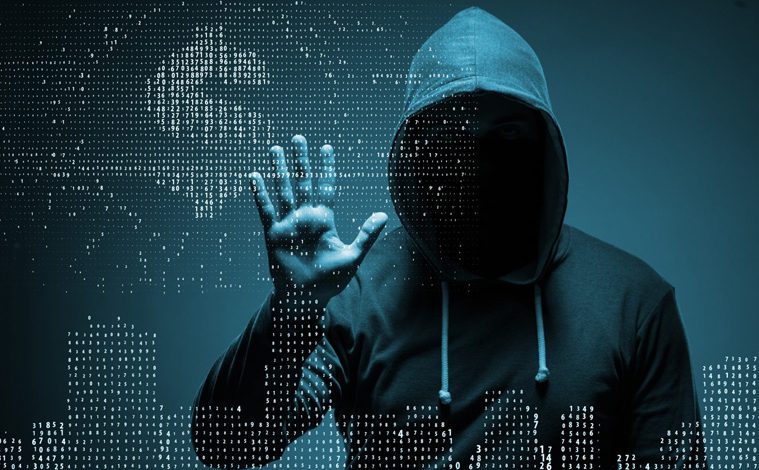Russian Market and the Dark Web Supply Chain: A Look at the Logistics

The dark web has gained notoriety for its association with illegal activities, ranging from drug trafficking to the sale of stolen data. Among the various platforms operating in this shadowy digital space, the Russian Market stands out as a significant player. This article explores the logistics behind the Russian Market, examining its supply chain, operational strategies, and the implications of its activities.
Understanding the Russian Market
The Russian Market, often referred to as “russianmarket” is a prominent darknet marketplace that specializes in the sale of illicit goods and services, including drugs, counterfeit items, hacking tools, and personal information. Unlike the clear web, where transactions are more transparent, the dark web operates under layers of anonymity, primarily using cryptocurrencies like Bitcoin to facilitate transactions. This market serves not only Russian-speaking users but has also attracted a global clientele seeking various illegal products.
The Structure of the Dark Web Supply Chain
1. Vendors and Products
At the core of the Russian Market’s supply chain are the vendors who list their products for sale. These individuals or groups often operate under pseudonyms, and their trustworthiness is established through a feedback system. Vendors offer a range of products, including:
- Drugs: A significant portion of sales includes various narcotics, from marijuana to synthetic opioids. Vendors typically source these products from suppliers who manufacture or distribute drugs in physical locations.
- Stolen Data: Credit card information, login credentials, and personal identification details are commonly traded. These items are often acquired through data breaches or phishing schemes.
- Counterfeit Goods: Items such as fake designer clothing, electronics, and pharmaceuticals are also prevalent, often sourced from manufacturing networks that produce low-quality replicas.
2. Payment Systems
The use of cryptocurrencies is crucial to the functioning of the Russian Market. Bitcoin remains the most popular payment method, but other cryptocurrencies like Monero, known for its enhanced privacy features, are also gaining traction. The use of cryptocurrency allows users to maintain anonymity and protects vendors from potential legal repercussions.
3. Escrow Services
To facilitate trust between buyers and sellers, many dark web marketplaces, including the Russian Market, employ escrow services. When a buyer makes a purchase, the payment is held in escrow until the product is received and confirmed to be satisfactory. This system reduces the risk of fraud and promotes smoother transactions, encouraging more users to participate in the marketplace.
Logistics of Distribution
1. Shipping and Delivery
Once a transaction is completed, the logistics of delivering the products come into play. The Russian Market utilizes various shipping methods to ensure discreet and secure delivery of products. Common practices include:
- Use of False Labels: Vendors often disguise their packages to avoid detection by postal services. This can involve using false sender names or even sending packages that appear to contain innocuous items.
- Stealth Shipping: Some vendors employ stealth shipping methods, where items are concealed within legitimate products or bundled with other shipments to evade law enforcement scrutiny.
- Local Delivery Networks: In some cases, vendors may rely on local couriers to deliver products, particularly in urban areas. This reduces the risk of packages being intercepted during transit.
2. Quality Control and Returns
Maintaining product quality is crucial for vendors to build a positive reputation. Feedback systems allow buyers to rate their experiences, and vendors often strive to resolve disputes to avoid negative reviews. However, the return process is complicated due to the illicit nature of the transactions. Vendors typically offer limited return policies, and buyers must weigh the risks of purchasing potentially substandard products.
Law Enforcement Challenges
The activities of the Russian Market and similar platforms pose significant challenges for law enforcement agencies worldwide. The combination of anonymity provided by the dark web, the use of cryptocurrencies, and the global nature of these transactions complicates efforts to track and prosecute illegal activities.
1. Cryptocurrency Tracking
While cryptocurrencies offer a degree of anonymity, they are not entirely untraceable. Law enforcement agencies are increasingly developing sophisticated tools to trace cryptocurrency transactions. Blockchain analysis can help identify the flow of funds, linking them back to individuals or entities. However, the use of mixing services and privacy coins complicates these efforts, making it harder to pinpoint the original source of funds.
2. International Cooperation
The global nature of the dark web necessitates international cooperation among law enforcement agencies. Many transactions cross borders, requiring collaboration between countries to share intelligence and resources. Operations such as the takedown of Silk Road and other dark web marketplaces have demonstrated the effectiveness of coordinated efforts, but challenges remain.
The Future of the Russian Market
As law enforcement continues to adapt to the challenges posed by the dark web, the Russian Market and similar platforms are likely to evolve as well. Here are some potential future developments:
1. Increased Anonymity Measures
To counteract law enforcement efforts, vendors may adopt more sophisticated anonymity techniques, such as using decentralized platforms that are harder to shut down or employing advanced encryption methods for communications and transactions.
2. Emergence of New Markets
As existing markets are taken down, new ones are likely to emerge, often adopting different operational models to evade detection. These new markets may offer different product lines or innovative features to attract users.
3. Regulatory Responses
Governments may implement stricter regulations surrounding cryptocurrencies and online transactions to combat the illicit trade facilitated by platforms like the Russian Market. This could include enhanced monitoring of cryptocurrency exchanges and stricter KYC (Know Your Customer) regulations.
Conclusion
The russianmarket.to exemplifies the complex logistics of the dark web supply chain, from vendor operations and payment systems to distribution and law enforcement challenges. As the dark web continues to evolve, so too will the methods employed by both vendors and law enforcement agencies. Understanding these dynamics is crucial for addressing the broader implications of the dark web on society and the global economy. The interplay between anonymity, technology, and regulatory measures will shape the future landscape of online illicit trade, making it a critical area of focus for policymakers and law enforcement alike.




